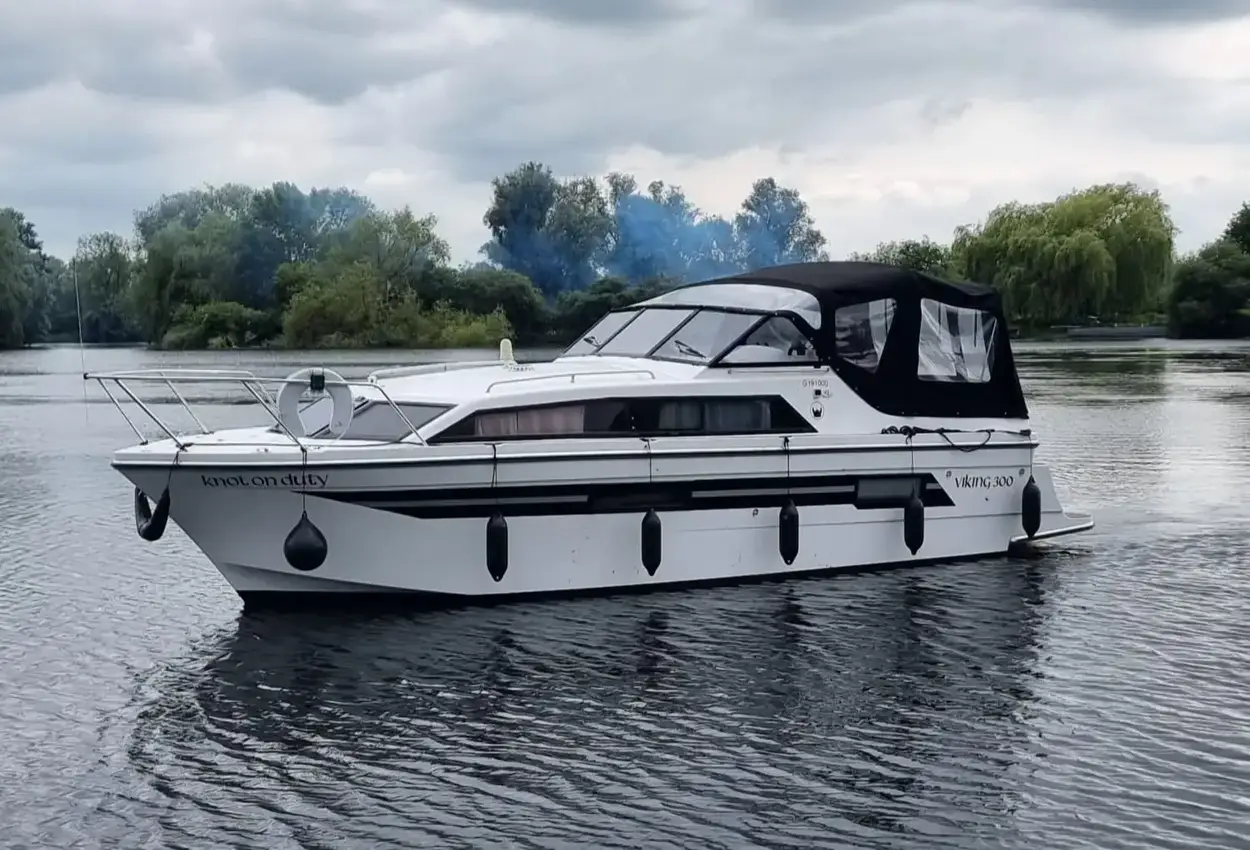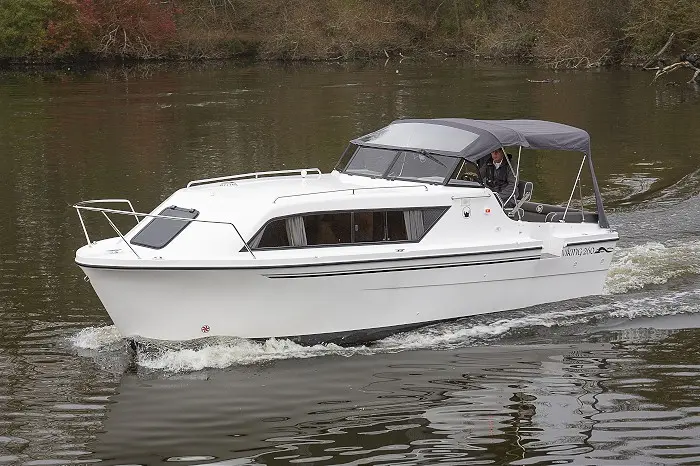
-
Marinas
About our Marinas
Tingdene Privilege
Activities & Facilities
How much to berth my boat?
Berthing CalculatorTake a look around
Book a tour -
Boat SalesBoats for Sale
Tingdene Favourites
Viking River Cruisers 300 Wide Beam – Knot On Duty
Full detailsViking River Cruisers 260 Wide Beam HL – NEW BOAT VK 045
Full details - News
- About Us
- Contact Us

